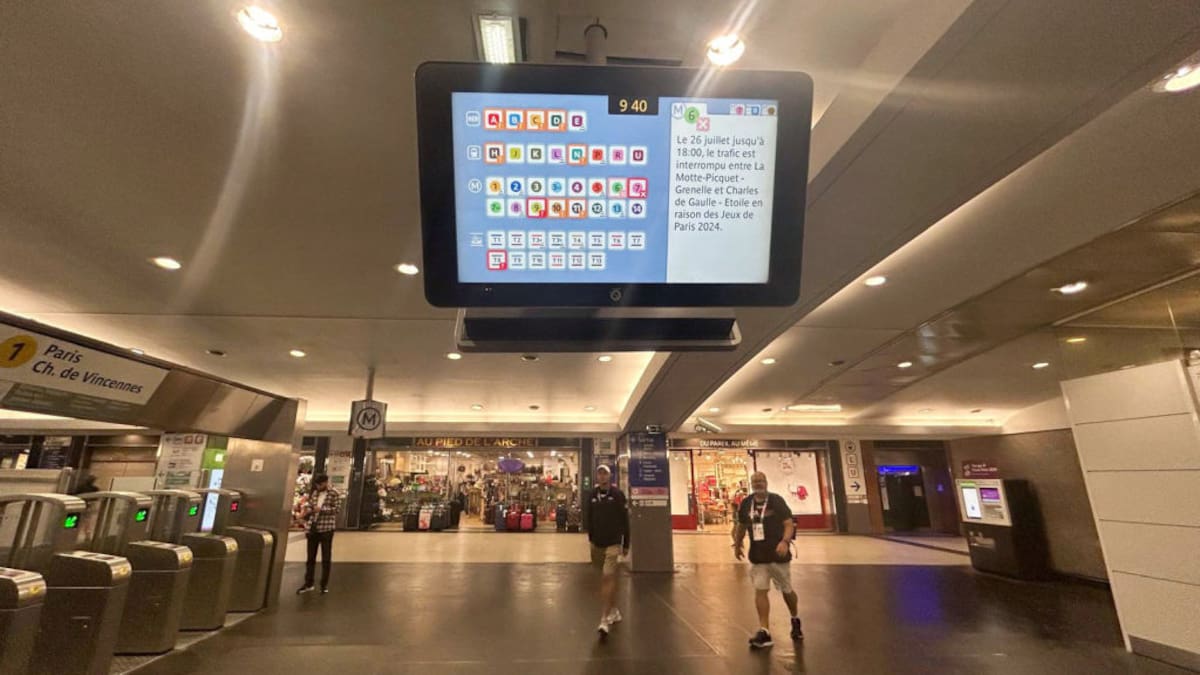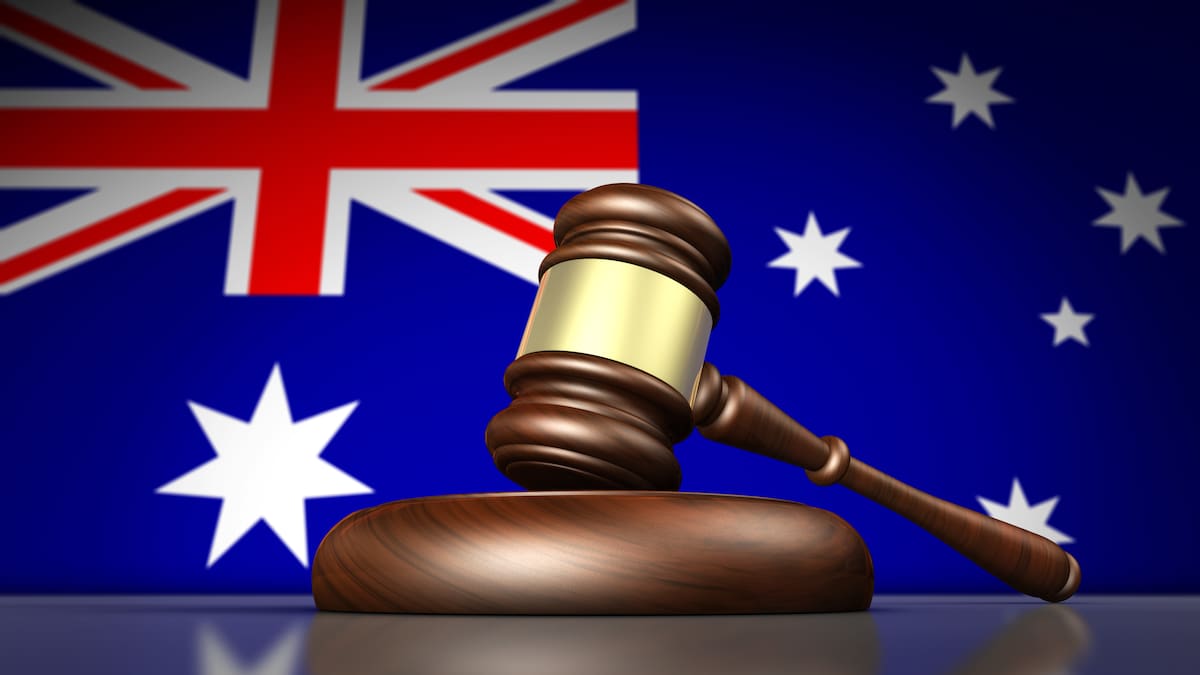Life on an island, surrounded by crystal clear waters and white sandy beaches, is supposed to be paradise.
But for residents of Rotuma, a remote island in Fiji, that has not always been the case. Far from it.
For many years, close to 2000 of the island’s population have had to endure the challenges of living hundreds of miles from the mainland, Viti Levu.
Jiurie Mua, 52, has never left the island and says it is all she knows. “It’s the only home I have. Everything I have is here. I could never leave.”
But the mother of five said life has become tougher, “especially after Covid” where shipping services and supplies from the mainland have almost become scarce.
Rotuma is located about 500km north of Suva, covering an area of about 50sq km. Politically, it has been part of Fiji since 1881 when the council of chiefs ceded the island to Queen Victoria.
It has several smaller islands including a lagoon that encircles the entire islet, and is protected by a reef structure that is home to an array of underwater life.
Christine Rovoi/Stuff
Schoolchildren play during lunch break in Rotuma.
Rotuma has a government station, fuel depot, hospital, primary and secondary schools, churches, and village stores where the locals can buy supplies brought over from the mainland.
Mua, who lives on the western side of the island, said residents had been without water and electricity, “and the schools were forced to close because of a shortage of fuel on Rotuma”.
“This is common. If you ask people living in Suva or Lautoka, they will tell you that they experience water and power cuts.
“So, if they live on the mainland and still have these problems, what do you think people living in the remote islands are going through?”
Fijian officials said services and supplies to Rotuma were now running smoothly, and the government would continue to monitor services to the island.
Minister for Rural and Maritime Development and Disaster Management Sakiasi Ditoka said in a statement that a change of schedule of the monthly freighter Goundar Shipping Limited, which serviced Rotuma, had affected residents on the island.
“But everything is running smoothly now. There was a ship that had taken fuel supplies and what we’ve tried to do is we’ve asked that we stockpile for about two to three months’ worth.
“It’s always been done that way and for some reason that fell through.”
A barge had departed Suva earlier this week filled with drinking water and fuel after concerns were raised over shortages on the island.
Christine Rovoi/Stuff
Oinafa Wharf in Rotuma: Disruptions to shipping services from Fiji’s mainland have impacted supplies to the island.
Ditoka said the government would ensure that never happened again. “We’ll stockpile and continue to resupply.”
There are flights to Rotuma, twice a week. “But the airfares are too expensive,” farmer Tomo Sefeti, 40, said.
“My sisters visited us last Christmas and they each had to pay F$1080 from Suva for the hour-and-a-half flight.
“That is a lot of money. They could have gone to New Zealand or Australia for a holiday and would still have spending money.
“People think that life in paradise is all about having fun in the sun. It’s not! We have to eat, we have bills to pay, we have children to send to school, just like those on the mainland.”
The father of two said his four siblings had left Rotuma for the mainland, Viti Levu, more than 10 years ago, but they return home for family occasions.
Sefeti said as the family became more connected with Suva, a painful reality began to set in for him: There were economic opportunities that existed only on the mainland.
But there’s hope for prosperity on Rotuma, he said.
In June, business opportunities for the Islanders were given a boost after Suva-based Joe’s Farm Produce Pte Limited and the state’s iTaukei Trust Fund Board signed an agreement to “collectively explore, collaborate and venture into agriculture businesses on the island that would ultimately benefit the Rotuman people”.
Joe’s Farm Produce director Michael Joe said he had identified the need to “uplift” the economic situation on Rotuma after visiting the island, just over two years ago.





